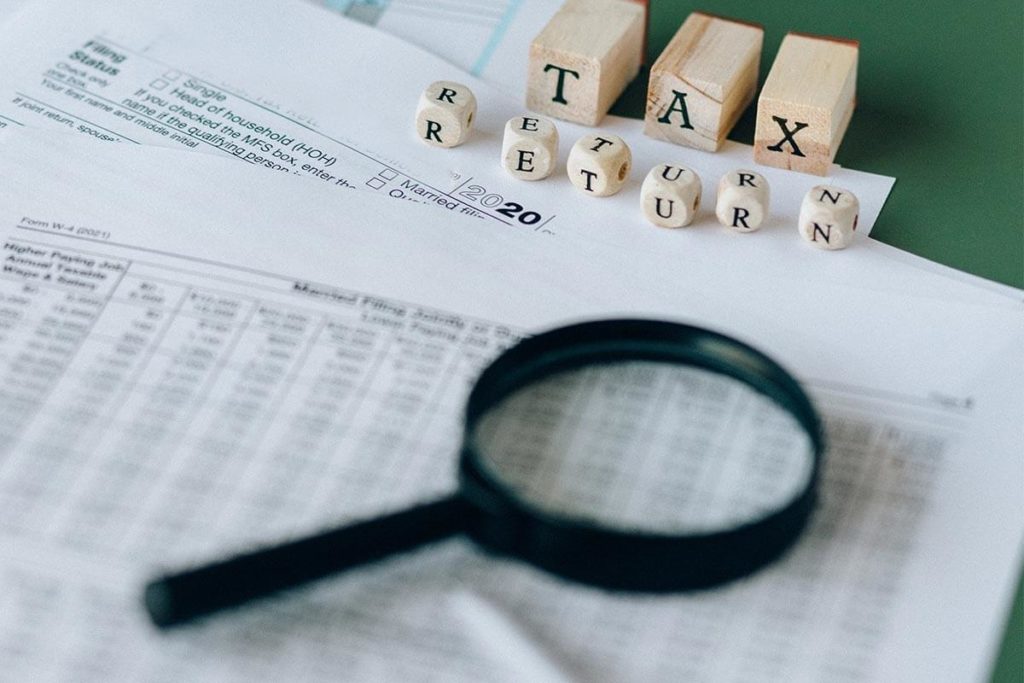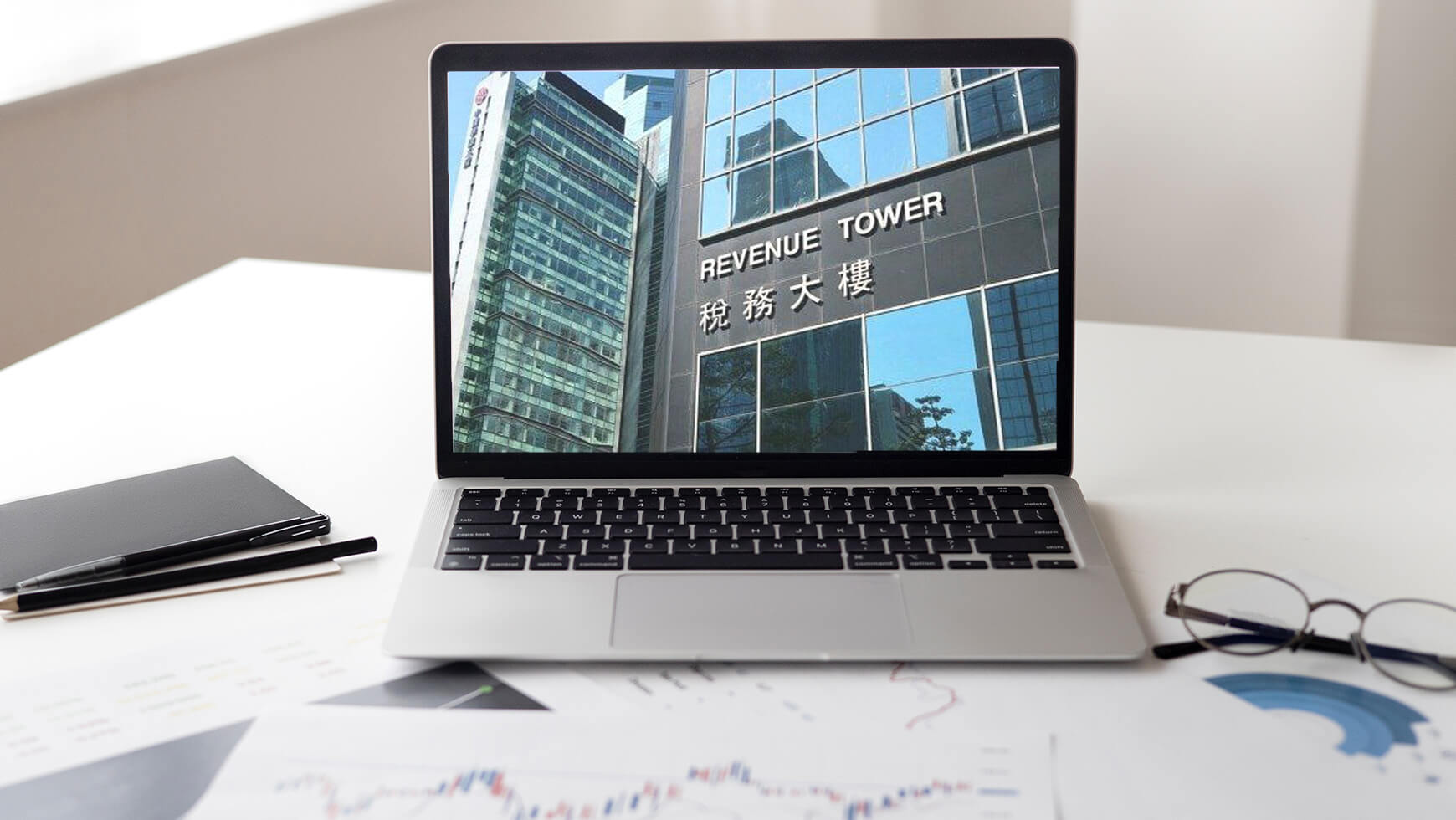Tax Clearance for Employers and Employees
Whenever a taxpayer moves out of a country, they have to go through tax clearance processes before departing. Tax clearance means that you pay any outstanding taxes to the local tax authority before leaving the country.
In Hong Kong, the Inland Revenue Ordinance (IRO) states that any taxpayer intending to leave Hong Kong should notify the Inland Revenue Department (IRD) not later than one month before leaving.
Depending on your source of income, you should notify the IRD and initiate the tax clearance process.
For employees departing Hong Kong, tax clearance is always required for you and your employer. In this article, we go in-depth about what an employer should do when an employee is leaving Hong Kong and what employees should do.
What an Employer Should do if an Employee is Leaving Hong Kong
- Notify the IRD latest one month before the departure date by filing an IR56G form.
- Give a copy of the IR56G form to the employee who’s leaving.
- From the date of filing the IR56G, withhold all payments to the employee, such as salary and any other amounts due for one month.
- The IRD will issue a “Letter of Release” after the employee has settled their tax liability. When you receive the release letter, the withheld money should be released to the employee.
- If the employee fails to settle their final taxes, the IRD will issue a garnishee notice (IR113) to the employer. The employer is then required to pay the withheld money (not exceeding the amount of tax due) to the Hong Kong government. The employee can’t claim for non-payment of salaries in this case.
- Keep all documents related to the employee’s termination for possible inspection by the IRD. These are for example, letter of resignation, letter of dismissal, notice of final payment of remuneration and employment visa issued by the Immigration Department.
Share options
Suppose the employee (or director) has any share option gains realised before departure. In that case, the employer should report this in the IR56G form.
The employee or director may have not yet exercised, assigned or released the rights to share options when they leave Hong Kong. In that case, the employer must report that in the IR56G form too, under item 18. There you should list the number of shares not yet exercised and the date of the grant.
If there are share option gains realised after the former employee departed Hong Kong, the employer should report these under item 11 on form IR56B (annual employer’s return) in the year of assessment during which it was realised. The share option gain may be the only income to be reported for that year. If the share option gain realised together with other income (if any) is equal to or less than the single personal allowance, it is not necessary to file an IR56B.
Related post: Leaving Hong Kong: A practical guide to handling your finances
What an Employee Should do when Leaving HK
- At least one month before your departure date, you should notify the IRD of your intended departure.
- Your employer will need to fill in an IR56G form and provide a copy to you, also not later than one month before departure. From this moment, the employer will withhold all its payments to you.
- Go to the Revenue Tower and bring along a copy of the IR56G form, notice of termination of employment and notice of final payment of remuneration.
- You will be sent a final green tax form, BIR60, for completion generally within 7 days or 14 days.
- You are then required to file all the outstanding tax returns, clear all the tax matters and settle the final bill.
- After the bill is settled, you will receive a “Letter of Release“. Pay in cash, by EPS or cashier order, to receive the release letter immediately after payment. If you’re not able to collect the letter in person, it will be posted to both you and your employer.
- Even if you’re exempt from tax, the IRD will still issue a letter of release after completing the tax clearance procedures.
- Your employer will pay the withheld money after receiving the release letter

Other Forms of Income
If you receive rental income from a property you own and the property has been sold before departure, and personal assessment is elected, you need to notify the IRD one month before you leave. Otherwise, you only need to inform the IRD of any new postal address and file the annual tax return for rental income as usual.
If you own a sole proprietorship business and it has ceased prior to departure, you need to inform the IRD one month before your departure. If the business has not ceased, you will have to inform the IRD of your new postal address (if applicable) and file the annual Individual Tax return as usual.
Commonly Asked Questions
Q: What if my salaries tax is borne by my employer; do I need to clear my tax before departure?
A: Yes. Every taxpayer leaving Hong Kong is required to clear his tax liabilities before departure. Even though your tax is borne by your employer, you are a taxpayer. Employers, tax representatives and taxpayers should provide tax returns and supporting evidence as timely as possible to avoid the issue of estimated assessments.
Q: I have cleared my tax before departing Hong Kong. However, I will receive a bonus from my employer. Is my employer required to file another IR56G and withhold payment of the bonus?
A: Yes. If you receive any remuneration after tax clearance that is liable under salaries tax, you and your (former) employer have to go through the tax clearance process again. Your employer is required to file an additional or revised IR56G form to report the bonus. The bonus’ payment will be withheld for one month after filing the IR56G. You will have to pay the additional tax and a new Letter of Release will then be issued. With the new release letter, your employer can pay you the bonus. Don’t forget to inform the IRD of your latest correspondence address.
How HKWJ Tax Law can help with your Tax Clearance
A tax representative, like our firm HKWJ Tax Law & Partners Limited, can provide the relevant assistance for your migration to Australia, European countries or the USA among others.
We are here to help with your tax clearance matters, both for individuals and company owners. Furthermore, our experienced tax advisors will guide you in understanding your tax position in relevant foreign tax jurisdictions.
Please feel free to reach out via the contact form below.






